Sugar
While often demonized, sugar plays a complex role in our diets. Understanding its various forms and how our bodies utilize it is key to making informed choices about consumption. Sugar, broadly speaking, refers to a class of carbohydrates that provide energy. This includes naturally occurring sugars in fruits and vegetables (fructose, glucose), lactose in dairy, and added sugars like sucrose (table sugar), high-fructose corn syrup, and honey.
Our bodies break down sugars into glucose, which is the primary fuel source for our cells. Glucose powers everything from muscle function to brain activity. When we consume sugar, insulin is released to help transport glucose from the bloodstream into cells. However, consistently high intakes of added sugars can overwhelm this system, leading to insulin resistance and other metabolic issues. Therefore, moderation and choosing natural sources of sugar are crucial.
Beyond simple energy, some sugars offer additional nutritional value. Fruits, for instance, contain fructose alongside...
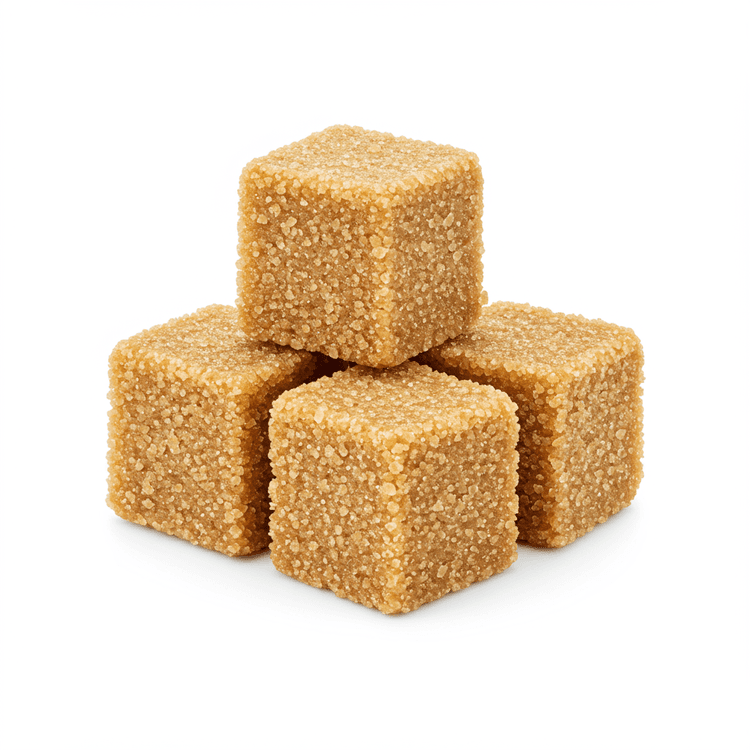
Brown Sugar
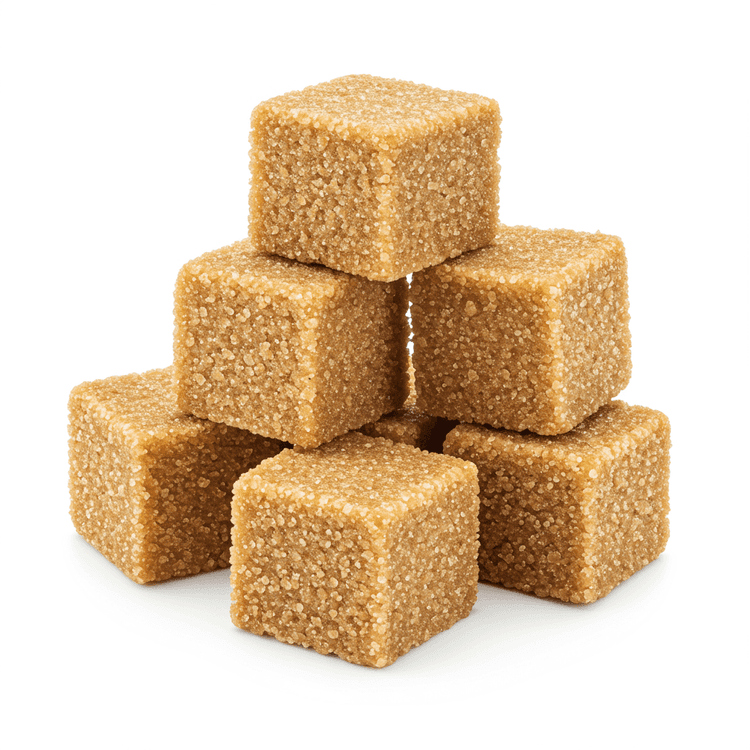
Brown Sugar

Coconut Sugar
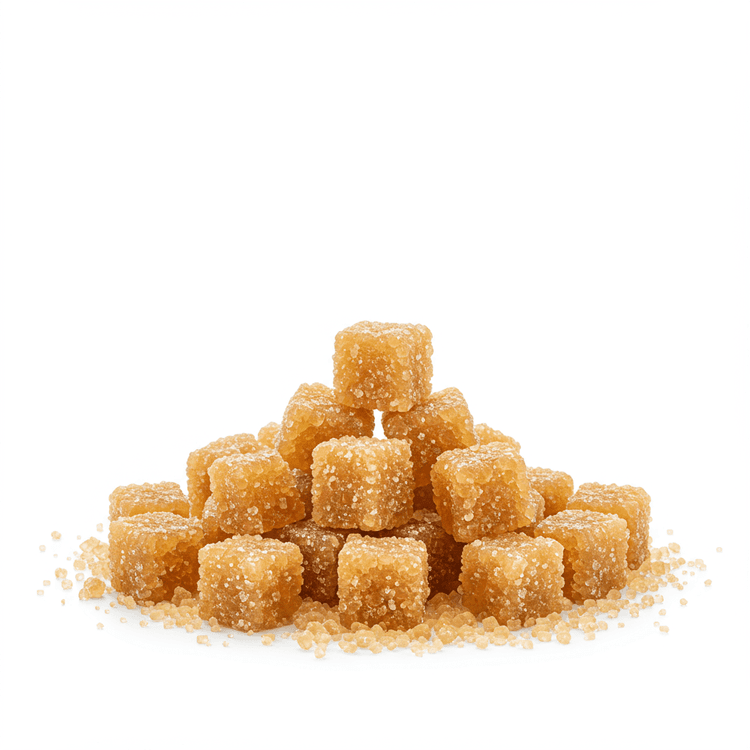
Demerara Sugar

Dextrose
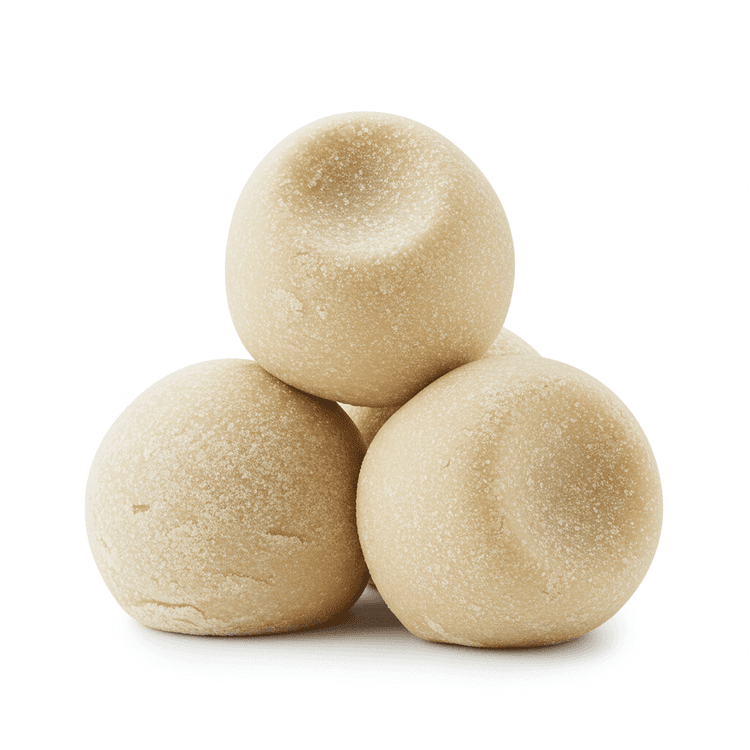
Fondant
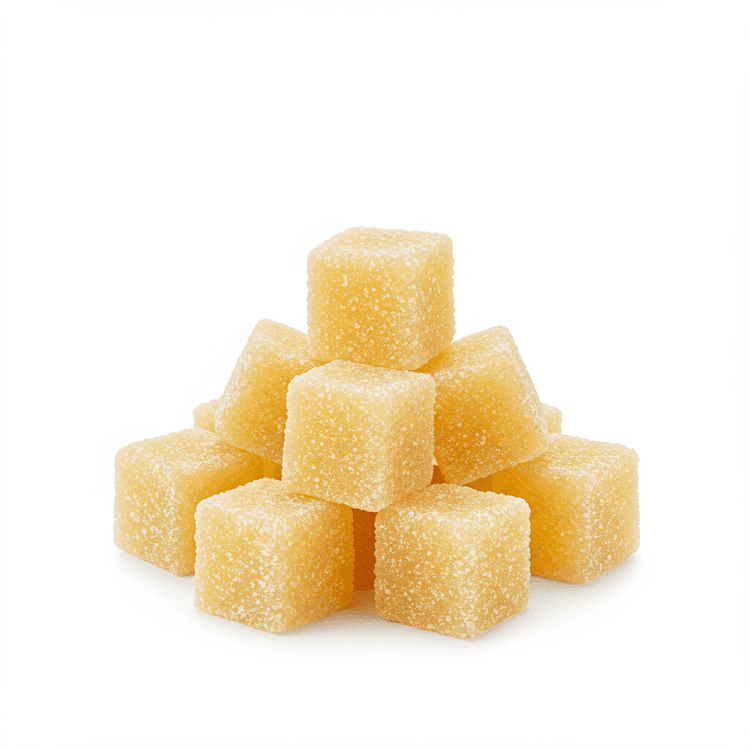
Glucose
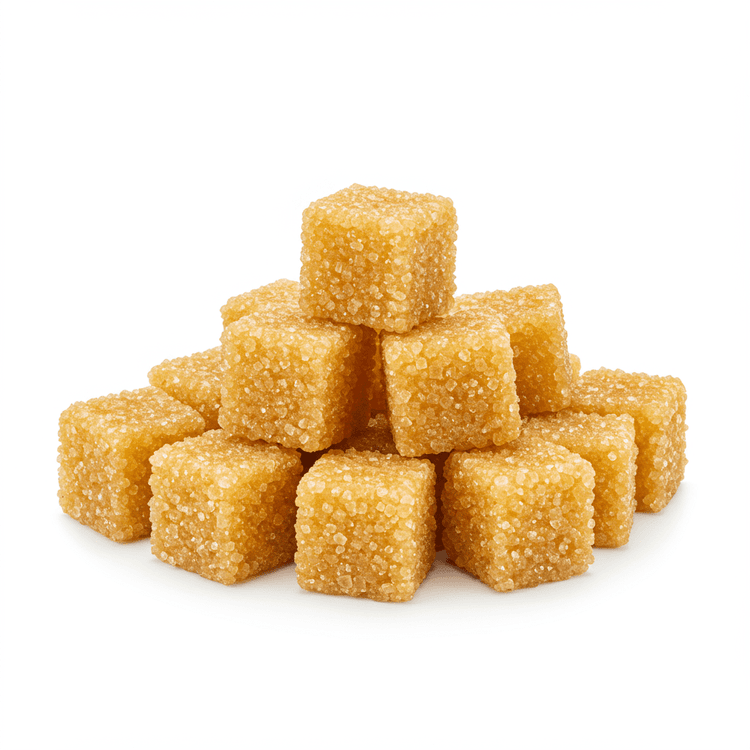
Golden Caster Sugar
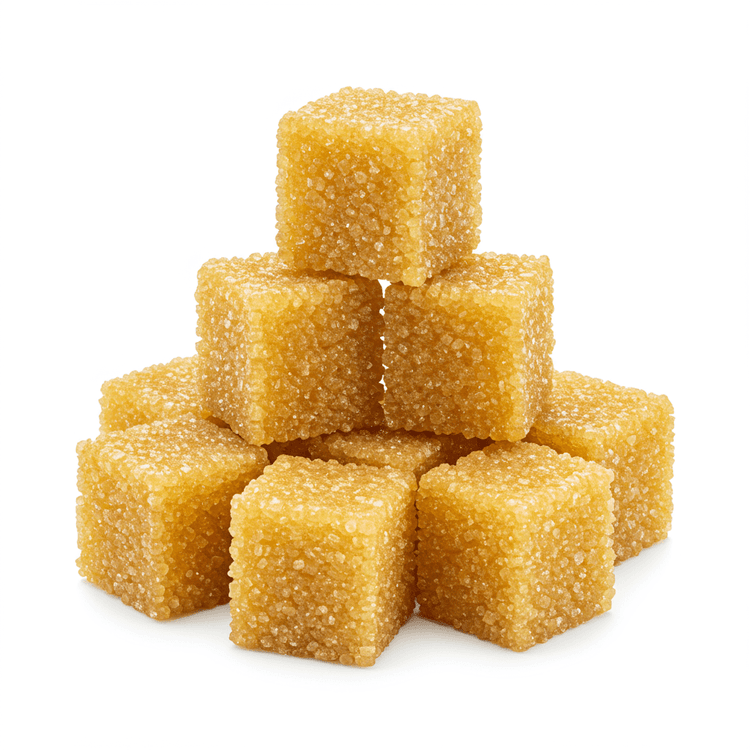
Golden Yellow Sugar
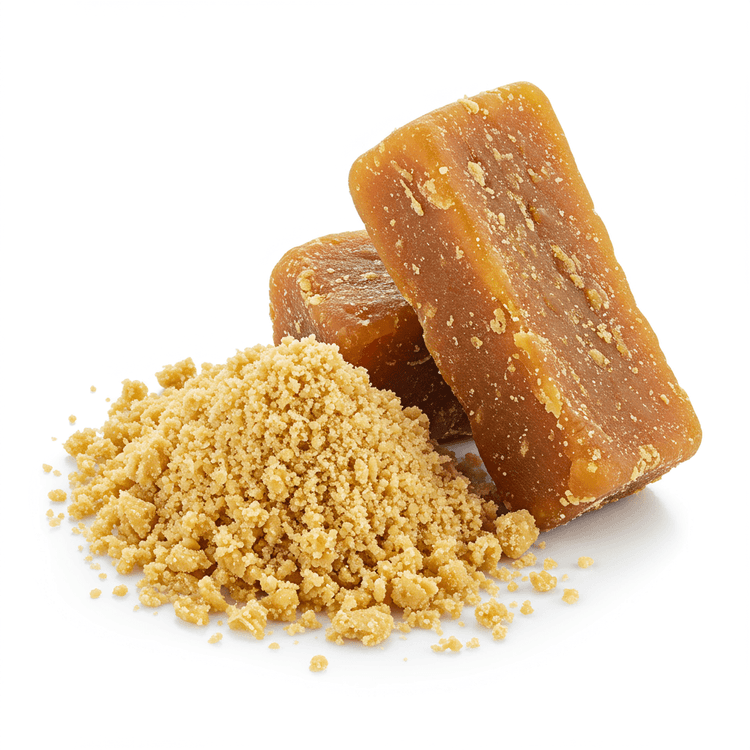
Grated Jaggery
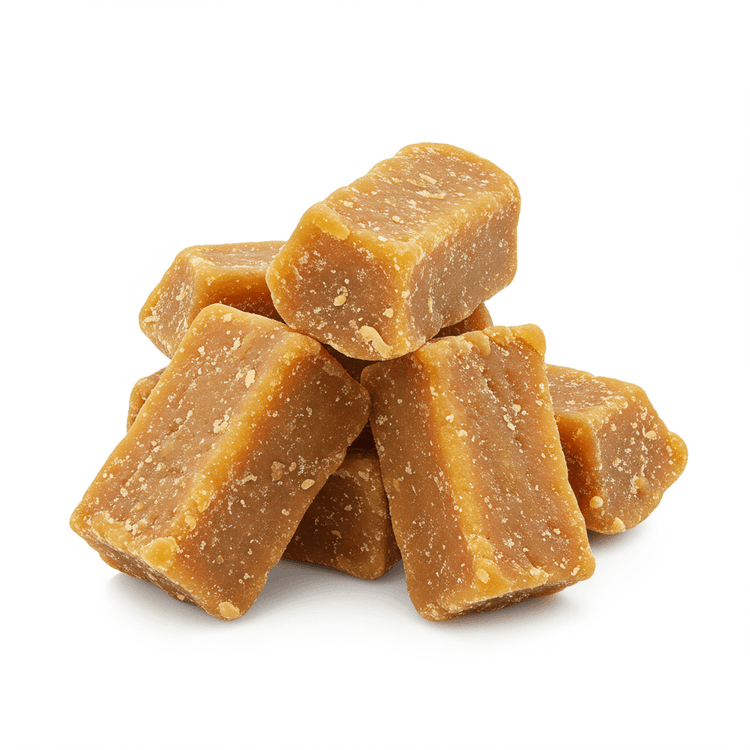
Jaggery

Maltose

Mishri
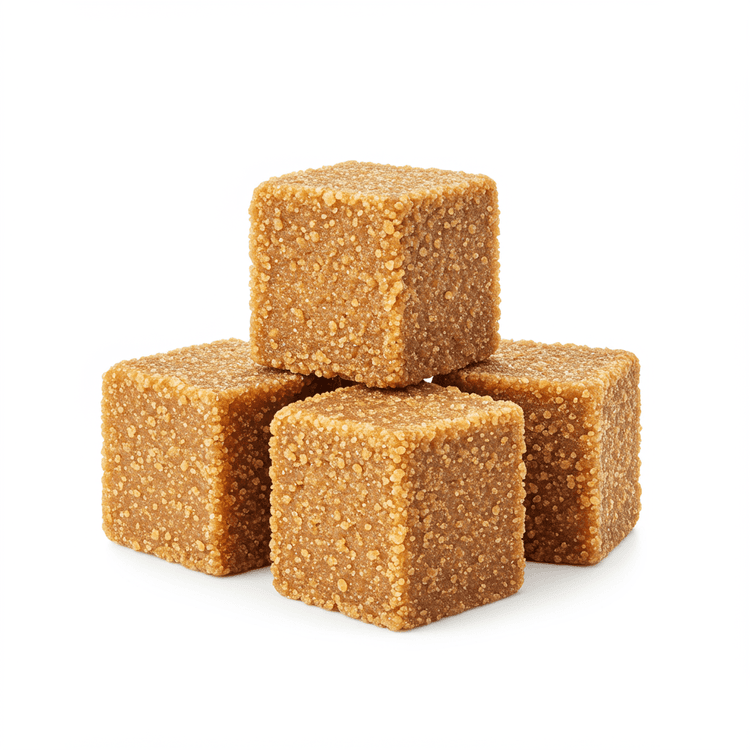
Muscovado Sugar
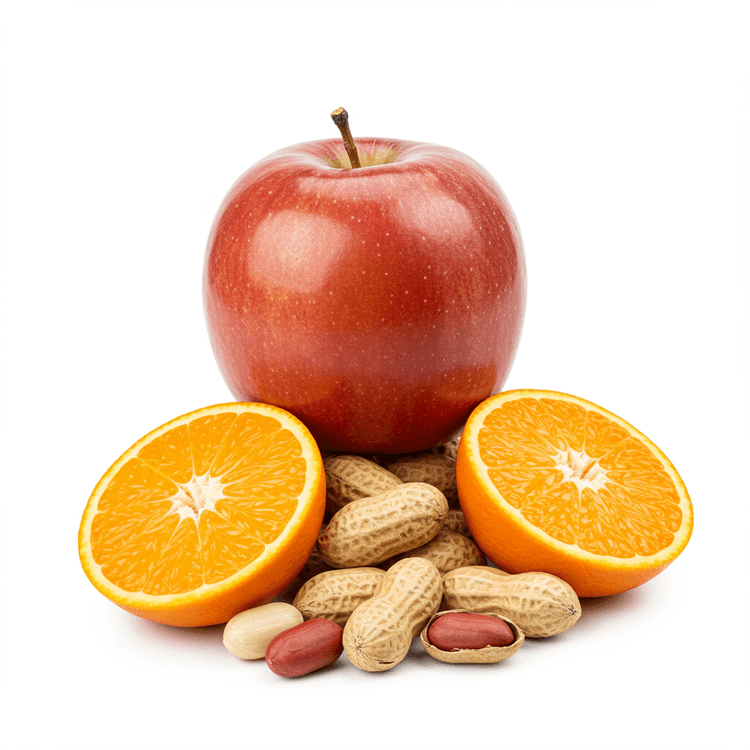
Packed

Palm Sugar
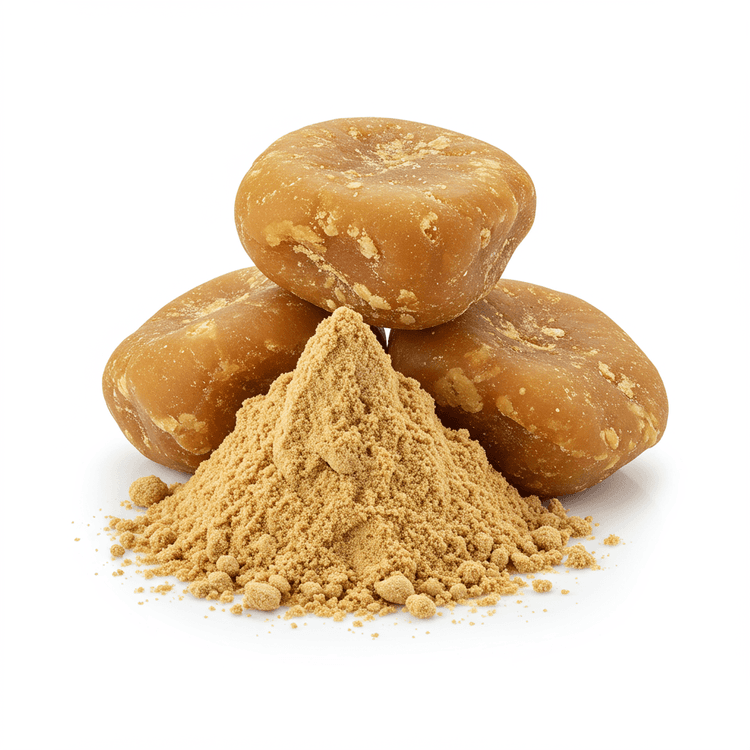
Powdered Jaggery
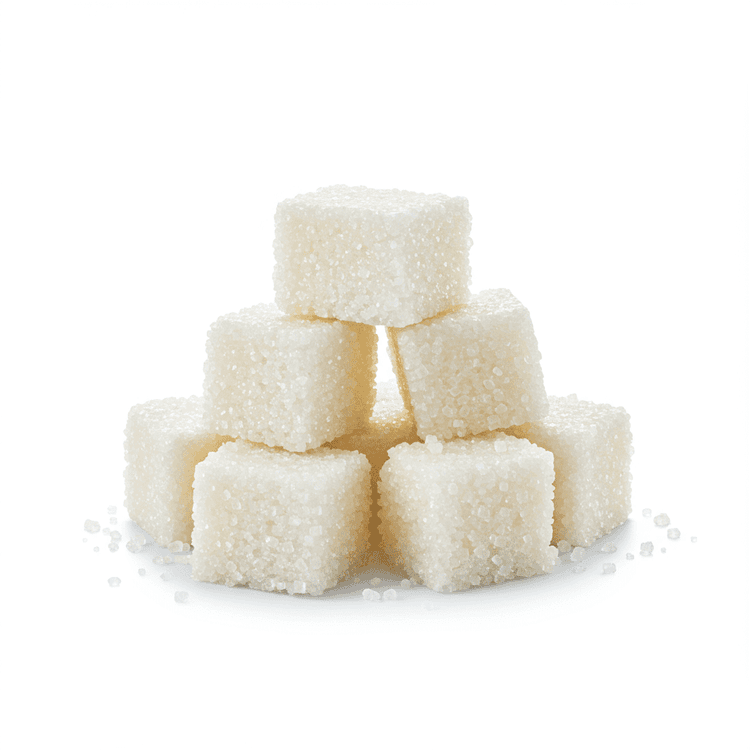
Raw Sugar
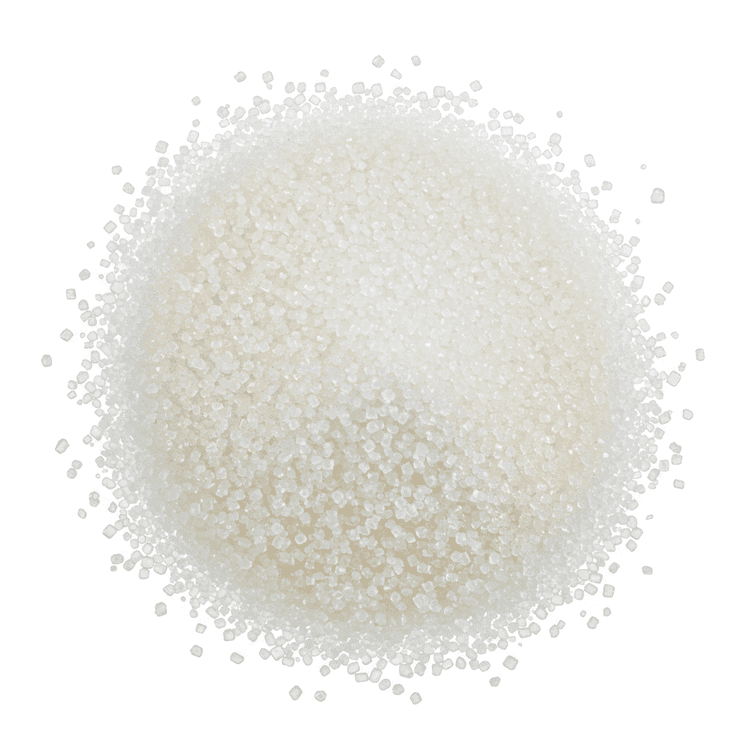
Sanding Sugar
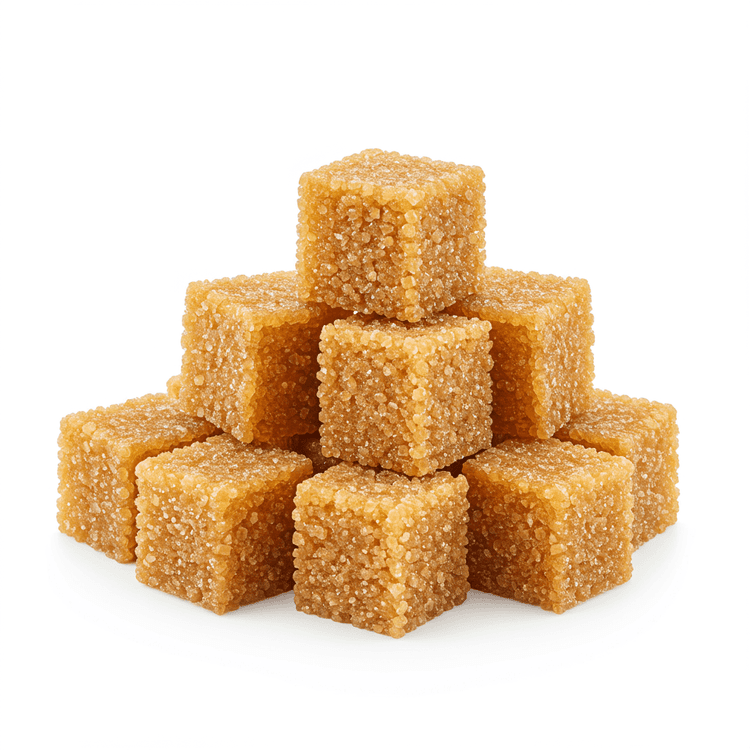
Turbinado Sugar
Chefadora AI is here.
Experience smarter, stress-free cooking.
Marnirni-apinthi Building, Lot Fourteen,
North Terrace, Adelaide, South Australia, 5000
Australia
